PHP is the web’s most used language for programming, running prominent social networking sites, and Wikipedia. One can learn easily and can quickly create websites.
Numerous developers around the world use platforms based on PHP and third-party software. PHP frameworks make the application more efficient and scalable on a reliable and well-tested basis.
Frameworks do also alleviate a few of the PHP language limitations so that even complex programs can be protected for them. The creation of software gets more and more difficult and demands the use of architectural design modules and resources to build stable applications in a suitable time frame. Frameworks will provide an immense difference here.
Here are the top PHP frameworks for web development in 2025
-
Laravel
The most famous PHP platform is Laravel. Laravel has now developed into a large framework with thousands of developers and millions of upgrades, Laravel was initially published in 2011.
Focused on an MVC model, it has its Template language which allows easy HTML templates to be built. Laravel uses Intelligent ORM, which is simple to understand and use, as regards the links to databases.
Intelligent ORM, a similar object map maker, lets you describe PHP models and interactions that are then translated and implemented as SQL. This keeps the code concise and clear, thus allowing you to move quickly to a different web database system. What distinguishes Laravel is the vast range of functionality, packages, and applications to promote and facilitate development.
Advantages.
- Due to its excellent documentation as well as a large group, it is an ideal building block for beginners.
- The code syntax is clear. This makes it much easier, with no previous knowledge, to start understanding Laravel.
- According to Laravel Forging and Laravel Envoyer, one can quickly access AWS or other cloud service providers.
Check: hire Laravel developer
Disadvantages
- Most developers assume that Laravel is strongly viewed because of the implementation of the syntax and project layout.
- Due to its many characteristics, it is quite a heavy structure.
- Intelligent ORM might require raw SQL code to operate effectively as databases and questions grow complex.
-
Phalcon
Phalcon is a fascinating frame since it is not coded in PHP but is provided as a C-listed PHP extension. This does not mean that one needs to write in C- language. However, it’s amazingly simple, as it’s not coded in PHP and compiled straight from C-language. Phalcon can accommodate more operations per second by a broad margin than any framework.
Phalcon offers several features including an ORM, storage, templating, and protection, as well as its flagrantly fast performance.
It is also recommended that Phalcon be used by several major corporations when maximum reliability is significant.
Advantages
- As it is written in C, Phalcon provides a great output and is compiled already.
- It adds thin margins to the software/application.
- The SQL syntax, called PHQL, allows you to write database engine queries that can be used by many database systems.
Disadvantages
- Compared with other PHP frames from this package, Phalcon has a somewhat more complicated syntax.
- Installing and deploying is significantly harder when it must be built as a PHP plugin.
- Just 3 database adapters are supported which are PostgreSQL, MySQL, and SQLite.
-
Symfony
Symfony is a popular platform for the PHP production revolution. It provides a collection of interchangeable modules, besides being a platform, that can be used explicitly in a PHP project. These modules are found in various software, including Laravel and open source. Symfony has hundreds of developers for its maintenance with a thriving developer culture.
Symfony is based on the MVC model and provides similar object modeling with Doctrine ORM. The Design Engine allows you to build views with HTML.
For its numerous roles and reliability, Symfony is rightly on the list of the best PHP frameworks.
Advantages
- Symfony is a developed environment, for which you can rely on long-term support.
- The product has 50 separate modules which can be used on a venture and is extremely scalable.
- The built-in research tools make sophisticated practical and unit testing feasible.
Disadvantages
- Symfony is challenging to learn that needs all of its elements to be learned.
- It does not function in an intuitive manner in terms of dependency injection.
- Symfony’s ORM, doctrine, is much simpler than most ORMs to understand and workaround.
-
Yii Framework
Yii is a PHP program developing an open-source platform. It is built on trends of Object-oriented programming and MVC that introduces less overhead by concentrating on main functions.
Since the Yii framework is much quicker than most other frameworks, the development of high-performance websites is recommended. It can be used to create anything in social networks from blogs to SaaS or IaaS applications.
Check: Yii development company
Advantages
- Using its graphical tool Gii, Yii provides automatic CRUD creation.
- It is a complete stacking system that supports several front ends operations.
- Due to its compact weight, it provides great productivity and short load times.
Disadvantages
- The ORM used in Yii embraces dynamic partnerships and questions with little assistance. Moreover, this will require you to code raw SQL.
- Many functions are not provided by default, such as queues, they require additional setup and implementation.
- Yii is difficult for less advanced developers to understand.
-
CakePHP Framework
CakePHP allows easy and less configurable PHP modules to be built. It offers integrated features that allow you to code the procedural code of your application. Moreover, it also provides a versatile access layer for databases and useful tools that allow you to create basic and complex software systems.
It was one of the first MVC systems that became part of the PHP programming community and has since become a mature platform with lots of functionality.
The architecture of CakePHP stands out because it provides a traditional configuration. Cake PHP will automatically run without any initialization by setting up a network with unique naming conventions.
Advantages
- The traditional setup of CakePHP makes it simple once you learn the code to create new applications easily.
- It offers several advanced features, including authentication, confirmation, location, and more.
- The Mozilla Stable Open-Source software has audited CakePHP’s coding foundation for all new Security features.
Disadvantages
- The group at CakePHP is limited, so solutions to your unique problems can be challenging to find.
- In most other applications, CakePHP does not support standard sophisticated URL paths.
- Many developers had trouble updating them from earlier versions to a recent version.
Conclusion
One can now completely understand the strengths and core gaps between all the important PHP frameworks. However, choosing a framework is not an obvious option and involves effort and analysis.
As such, consideration of the project needs before picking a system makes sense or you can hire PHP developer for a better choice. PHP frameworks are like each other, but in terms of performance, protection enhanced tools, and community engagement level they vary.
For more information or looking for PHP developers in India, feel free to contact us today.
Also check: offshore PHP development | PHP development services India
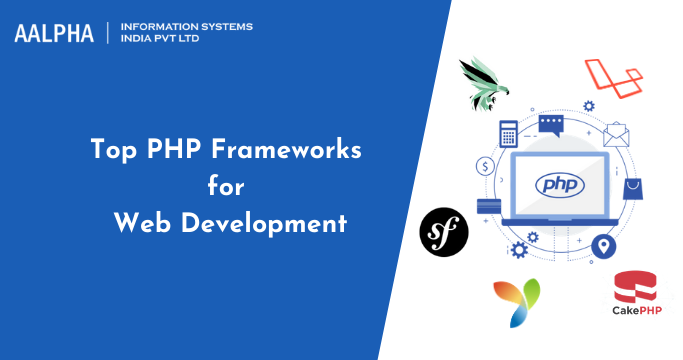
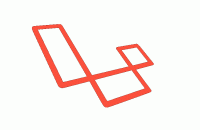
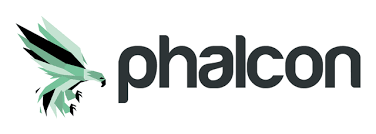
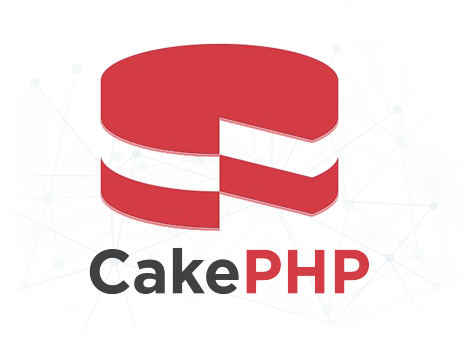
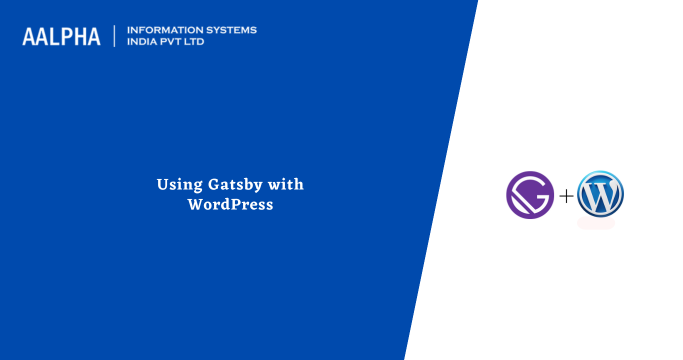
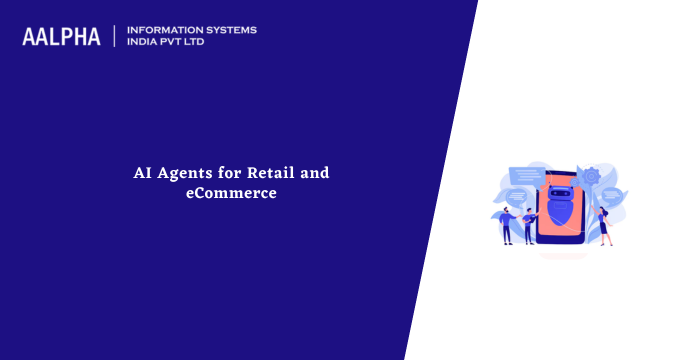
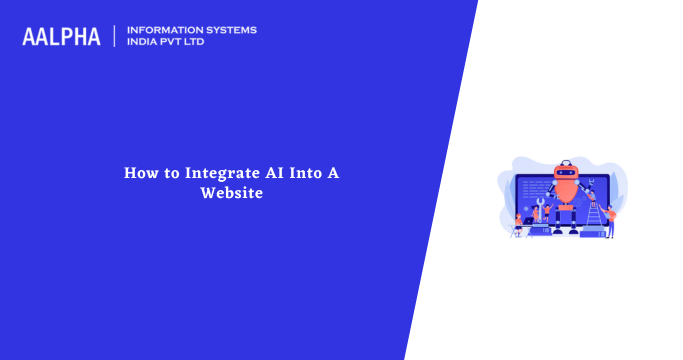
Share This Article:
Written by:
Muzammil K
Muzammil K is the Marketing Manager at Aalpha Information Systems, where he leads marketing efforts to drive business growth. With a passion for marketing strategy and a commitment to results, he's dedicated to helping the company succeed in the ever-changing digital landscape.
Muzammil K is the Marketing Manager at Aalpha Information Systems, where he leads marketing efforts to drive business growth. With a passion for marketing strategy and a commitment to results, he's dedicated to helping the company succeed in the ever-changing digital landscape.